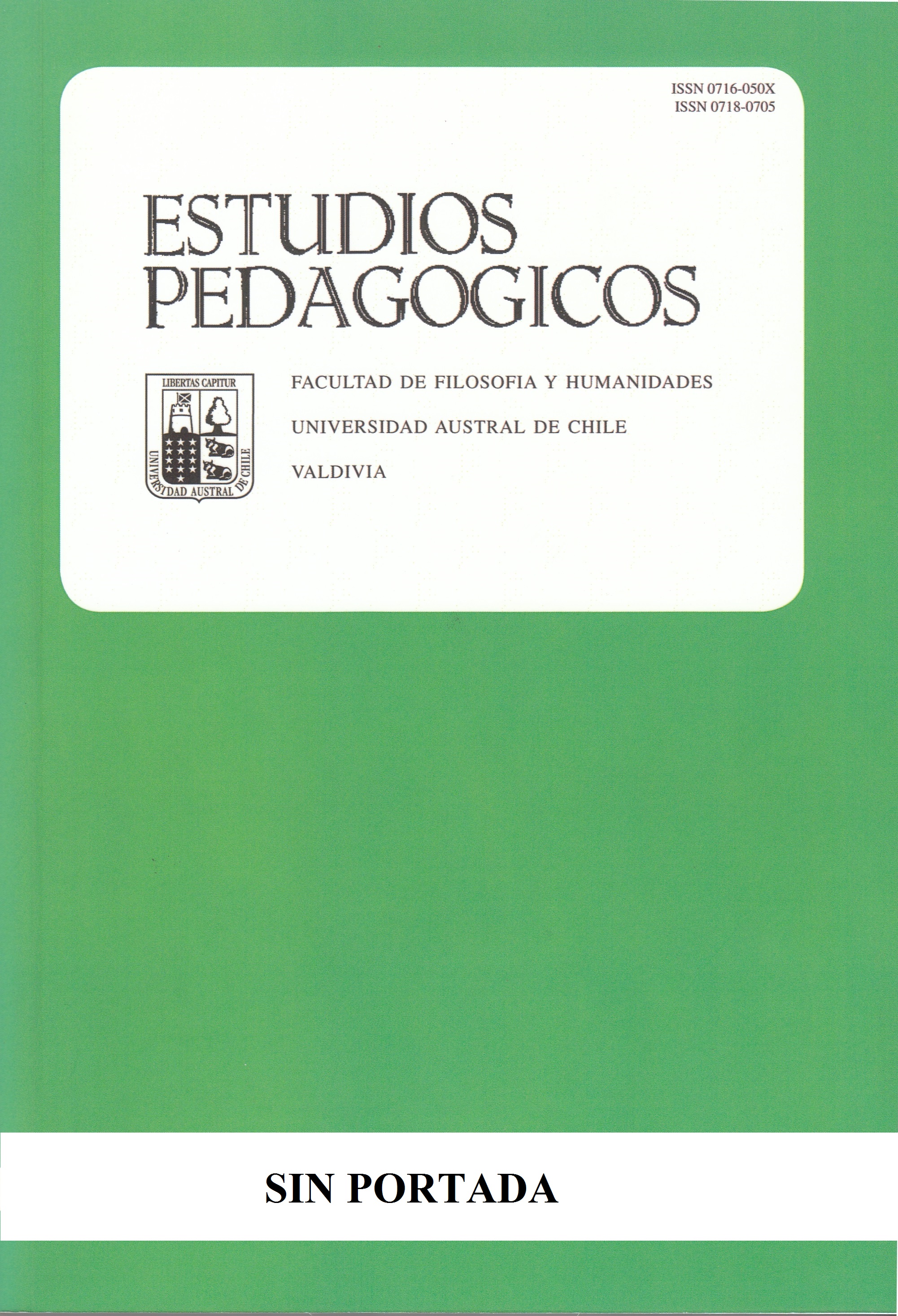Factors and interactions of the teaching-learning process in rural contexts of Araucanía, Chile
Main Article Content
Abstract
The educational process of students from Region de la Araucanía, Chile, is developed in contexts of social vulnerability; this related to the fact that children obtain lower results in standardized tests when compared to urban location students. Fundamental Theory was applied, until its stage of axial codification, in order to identify aspects that could improve the education; this allowed the detection of three factors established as Condicionantes. These factors are related to the curricular structure, the teaching process, and the strategies sued for teaching to children. The latter is strongly linked to the teacher’s affective characteristics and to the natural and socio-cultural environment through a meaningful and constructivist learning. These factors, when used pedagogically, improve the teaching-learning process and, at the same time, the school performance. Also generating the maintenance of the environment and the rural and indigenous traditions-building blocks of a new curricular framework for teaching in the rural context educational system.

